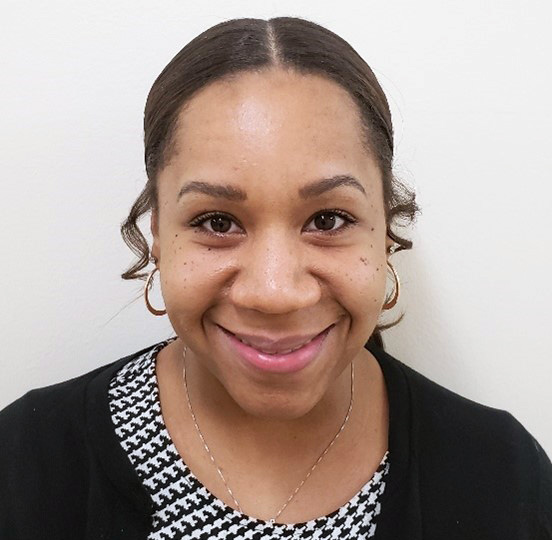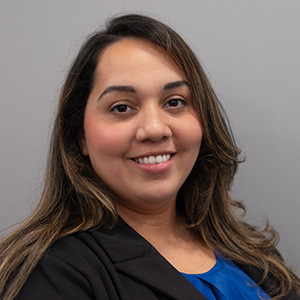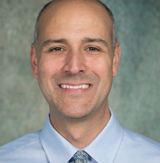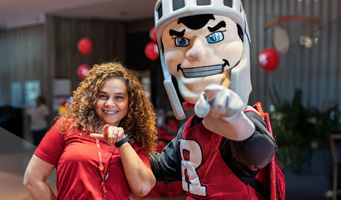One of the Best Medical Laboratory Science Programs in the Nation
Unlock the power to save lives with our Medical Laboratory Science bachelor’s degree program. Delve into the fascinating world of cellular analysis and body fluid diagnostics, where you’ll master the skills to identify blood disorders, bacteria, viruses, and track the effectiveness of treatments. Patient care and treatment depend on accurate laboratory data provided by Medical Laboratory Scientists.
Why Study Medical Laboratory Science at SHP?
Overall employment of medical laboratory scientists and technicians is projected to grow 13 percent from 2016 to 2026. Our graduates work in hospitals, physician offices, national and regional testing laboratories, biotechnology, pharmaceutical, chemical and cosmetic industries. 100% of our Medical Laboratory Science graduates who seek employment, find employment in their field.
$75,000
* average starting salary in the Tri-State area.
* American Journal of Clinical Pathology
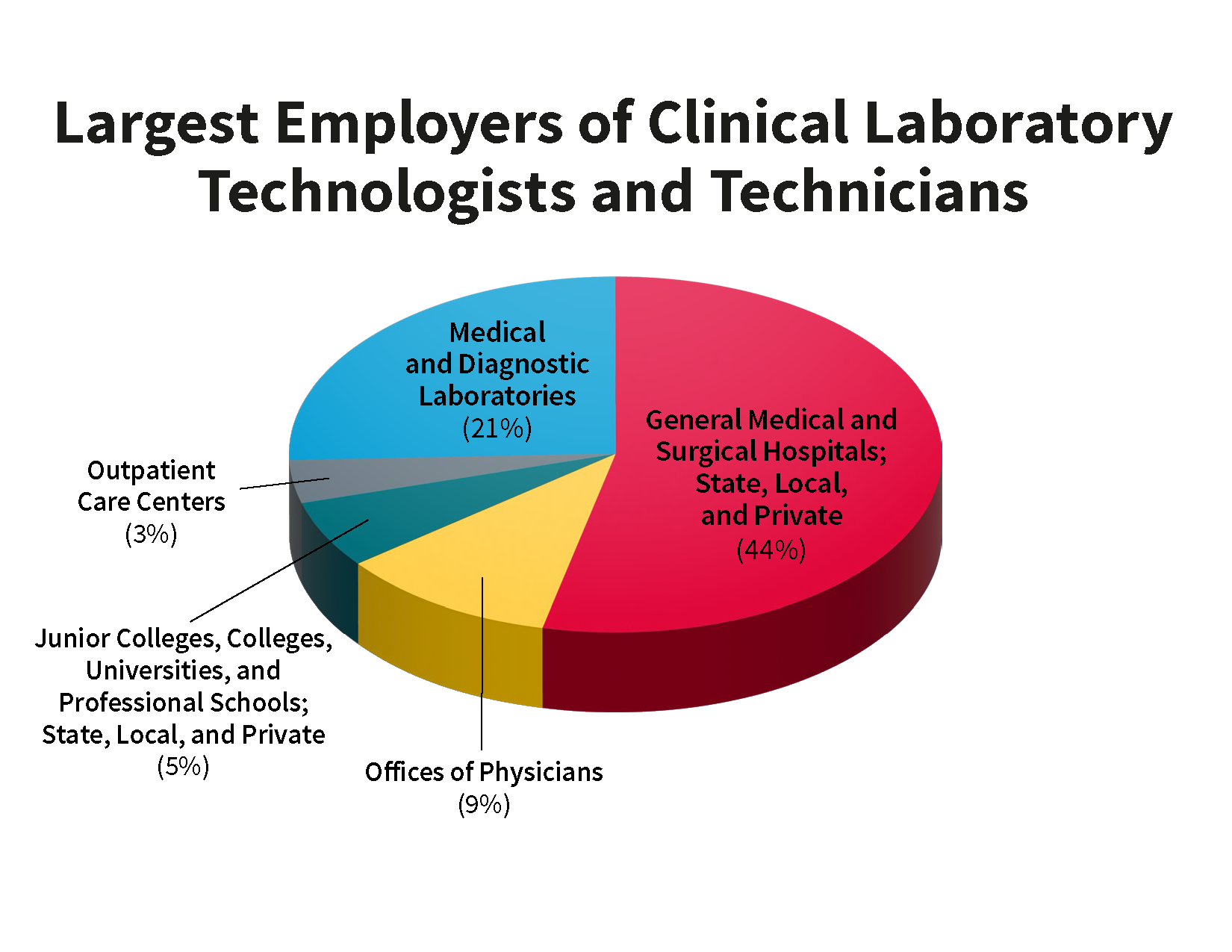
Program Highlights
Our 45-credit curriculum begins in the summer semester. It can be taken full-time in four semesters, or part-time in eight semesters. It is located on the Newark campus, with some didactic components offered online. On and off-campus practical experiences complement classroom instruction.
After completion of the medical laboratory science program, students are eligible to sit for the national certification exam with the American Society for Clinical Pathology – Board of Certification (ASCP-BOC).
Fast Facts:

-
- We offer career laddering from a Bachelor’s degree to a Doctorate in Clinical Lab Science.
- 100 % of our Medical Laboratory Science graduates who seek employment, find employment in their field
- Rutgers University is ranked #1 in health professions in the country by College Factual
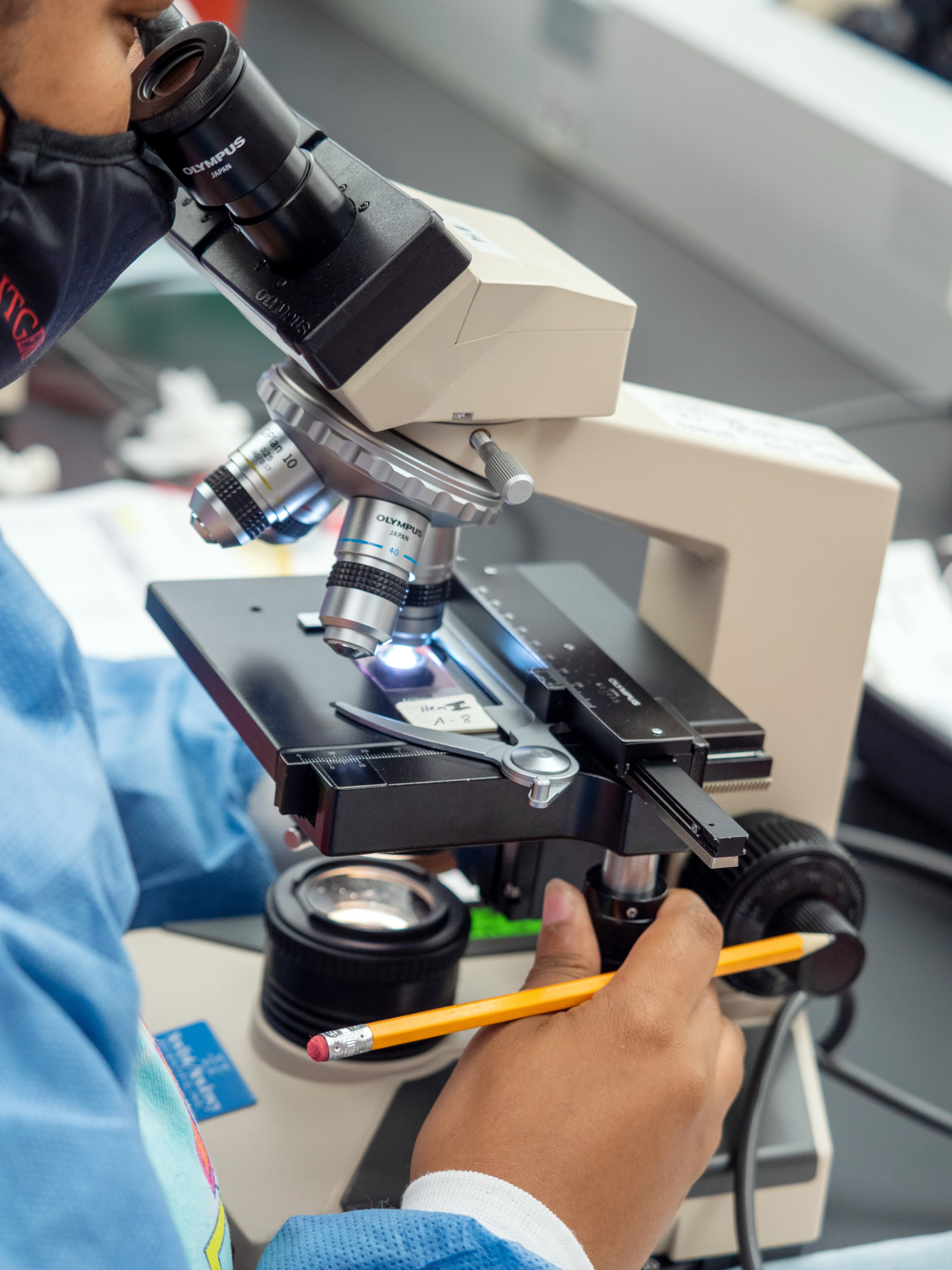
Learning Beyond the Classroom
The Medical Laboratory Science program prepares students with student laboratory classes where they learn new skills that can be transferred into the clinical setting. Clinical practice experience is a core component of medical laboratory science education. Students participate in supervised clinical laboratories providing hands-on experience. They will have the opportunity to put what they’ve learned in the classroom into practice through clinical practice experience at affiliated healthcare centers.
Accurate Diagnostics Labs, South Plainfield, NJ
Atlantic Consolidated Laboratory, Morris Plains, NJ
Bayshore Community Hospital, Holmdel, NJ
CentraState Medical Center, Freehold, NJ
Chilton Medical Center, Pompton Plains, NJ
Clara Maass Medical Center, Belleville, NJ
Cooperman Barnabas Medical Center, Livingston, NJ
Englewood Hospital & Medical Center, Englewood, NJ
Hackensack University Medical Center, Hackensack, NJ
Holy Name Medical Center, Teaneck, NJ
Hudson Regional Hospital, Secaucus, NJ
Hunterdon Healthcare System, Flemington, NJ
Jersey City Medical Center, Jersey City, NJ
Lab Corp,Inc., Raritan, NJ
Memorial Sloan Kettering Cancer Center, NY
Morristown Medical Center, Morristown
Newark Beth Israel Medical Center, Newark, NJ
New York Presbyterian Hospital
Overlook Medical Center, Summit, NJ
Quest Diagnostics, Teterboro, NJ
Robert Wood Johnson – University Hospital, New Brunswick, NJ
Robert Wood Johnson – University Hospital, Somerset, NJ
Saint Joseph’s Regional Medical Center, Paterson, NJ
Saint Mary’s Hospital, Passaic, NJ
Saint Michael’s Medical Center, Newark, NJ
Saint Peter’s University Hospital, New Brunswick, NJ
Silver Lake Hospital
Summit Medical Group, Berkeley Heights, NJ
Trinitas Hospital, Elizabeth, NJ
University Hospital, Newark, NJ
VA New Jersey Health Care System, East Orange, NJ
Program Overview

Ruth Perez
Students in our bachelor’s degree program learn to use sophisticated microscopes and instruments and perform biochemical, microscopic, molecular, and immunological tests to analyze blood, tissues and other medical specimens. In a clinical laboratory, they use their skills in science, biotechnology, and medicine to provide essential information to physicians and other health care professionals. Working in a laboratory requires excellent technical skills as well as problem-solving, data analysis, computer skills and good oral and written communication.
The practice of modern medicine would be impossible without the valuable services provided by medical laboratory scientists.
Program Options
Solo Degree: For students who have earned an associate degree and completed at least 60 credits of general education and prerequisite basic science coursework.
Joint Baccalaureate Degree: For students who have completed a minimum of 88-90 credits of general education and prerequisite basic science coursework at one of 13 collaborating NJ Colleges and Universities.
Second Baccalaureate Degree: For students who have completed prerequisite basic science requirements and have previously earned a baccalaureate degree from an accredited U.S. college or university or baccalaureate-equivalent degree from an accredited international college or university.
Certificate: For international students who have completed prerequisite basic science requirements and have an international bachelor’s equivalent degree from a non-accredited college or university.
The mission of the Medical Laboratory Science program is to educate students who will function competently, creatively, responsibly, and collaboratively in a dynamic health care environment.
The educational goals of the Medical Laboratory Science Program are:
- to prepare competent scientists to function in the clinical laboratory science field at the baccalaureate level;
- to provide the student with a broad-based background to serve as a foundation for future growth and development;
- to prepare graduates to adapt to a changing health care environment.
The curriculum covers all the major areas of clinical lab science with additional experiences provided in laboratory management, statistical analysis and laboratory method evaluation, research methods, and molecular diagnostics.
Standard IV
Starting May 1st, 2023, programs must present external certification rate, graduation rate, and placement rate outcomes data for each of the last three active years. These must be listed year by year as a percentage. For programs with a website, the outcomes must be no more than one click away from the program’s homepage, with the link clearly identified as program outcomes.
For programs without a website, programs must describe and submit supporting evidence of how the program provides prospective and current students access to the required data [in the annual survey or when contacted].
| Academic Year | 2021-2022 | 2022-2023 | 2023-2024 | Three Year Average |
| Graduation Rate | 78.1% | 97.7% | 100% | 91.3% |
| Job Placement Rate | 100% | 100% | 100% | 100% |
| Certification Rate (ASCP-BOC) | 80% | 83% | 73%* | 78.6% |
*Information is not yet complete as not all graduates have taken the exam as of March 2025.
Graduate Performance on the National Certification Exam
69 out of 87 program graduates from 2022-2024 graduates took the Medical Laboratory Scientist (MLS) certification exam given by the American Society for Clinical Pathology (ASCP) –Board of Certification from 2022-2024. For more information concerning certification and licensure, please visit www.ascp.org.
Graduation Rates
Out of 120 students who started the MLS Program between 2020-2023 (Graduating Classes of 2021-2023), 103 students graduated thereby making the average three-year graduation rate 85%.
The employment outlook is excellent. There is a national and regional shortage of clinical laboratory professionals and many employment opportunities are available in clinical laboratories of hospitals, commercial and reference laboratories, physician offices and health clinics and local and State public health departments.
Overall employment of medical laboratory scientists and technicians is projected to grow 13 percent from 2016 to 2026, faster than the average for all occupations, according to the US. Bureau of Labor Statistics. An increase in the aging population is expected to lead to a greater need to diagnose medical conditions, such as cancer or type 2 diabetes, through laboratory procedures.
Out of 142 program graduates from 2018-2021 who sought employment after graduation, 100% found jobs in the field within one year.
Accreditation
The Program is fully accredited by the National Accrediting Agency for Clinical Laboratory Sciences (NAACLS), 5600 North River Road, Suite 720, Rosemont, Illinois, 60018-5119, phone: 773-714-8880. http://www.naacls.org. Accredited in October 2020 for 10 years.
State Authorization and Professional Licensing Requirements:
Licensure is required in only 11 states in the U.S. To the best of our knowledge, the Rutgers School of Health Professions Medical Laboratory Science Program – B.S. in Clinical Laboratory Sciences meets the professional licensing requirements of the following 11 states: CA, FL, GA, HI, LA, MT, ND, NV, NY, TN, and WV.
Admission Criteria
Generally, 50 students are admitted annually to the Clinical Laboratory Science bachelor’s degree program. Applicants from collaborating academic institutions receive first consideration for admission.
Applications will be reviewed as they are received. The first round of acceptance letters will be sent out in mid-January. It is recommended for applicants to apply when the application period opens due to the program’s competitiveness.
Admission Requirements
Applicants must have met or be scheduled to complete all required courses with a C or better, and an overall cumulative GPA of 2.85:
Human Anatomy & Physiology with lab (4-8 credits)
Cell Biology (3-4 credits)
Microbiology (4 credits)
Immunology (3 – 4 credits)
General Chemistry I and II (8 credits)
Organic Chemistry (4 credits)
Biochemistry with lab (4 credits)
Statistics (3 credits)
Precalculus (3 credits)
Selection of applicants for admissions is a competitive process that is the responsibility of the program faculty admissions committee. Rutgers – SHP places no restrictions on prospective applicants because of their color, creed, race, sex, age, marital status, or national origin. Rutgers University and SHP recognizes the value of diversity and is committed to providing appropriate support to its student
body.
This option is designed for applicants with a minimum of 60 college credits or a graduate of an accredited 2-year associates degree. Applicants for this option must have completed either prerequisite 1 or 2 and the specific courses listed below.
Prerequisite Requirements:
Prerequisite 1 –a graduate of an accredited 2-year college who has earned an associate degree in science (A. S.) or an associate degree in art (A. A.).
Prerequisite 2 –completed approximately 60 college credits with the below general education requirements completed.
General Education Pre-requisites:
- 9 credits in Writing and Communications
- 6 credits in Mathematics/Quantitative Skills/Formal Reasoning (Statistics and Precalculus suggested)
- 6 credits in Arts and Humanities
- 8-12 credits in Natural Sciences (can include prerequisites shown below)
- 6 credits Social Sciences and Historical Diversity
- 6 credits in History, Literature, and Contemporary Issues
Additional Pre-requisites:
Applicants must have met or be scheduled to complete all required courses with a C or better, and an overall cumulative GPA of 2.85:
- Minimum of 14 semester hours (credits) in Biology, including one semester in Microbiology and Immunology (must have a C or better in all courses)
- Minimum of 14 semester hours (credits) in Chemistry (must have a C or better in all courses)
- Minimum of 3-4 semester hours (credits) in College Mathematics (i.e. Pre-calculus) (must have a C or better)
- Minimum of 3-4 semester hours (credits) in Statistics (must have a C or better)
Students from collaborating NJ Colleges and Universities seeking admission to the program as the professional component of the joint Bachelor of Science in Clinical Laboratory Sciences (BS in CLS) degree program can find prerequisite courses here.
- Bloomfield College, Bloomfield
- Caldwell University, Caldwell
- St. Elizabeth’s University, Convent Station
- Fairleigh Dickinson University, Madison and Teaneck
- Felician University, Lodi
- Georgian Court University, Lakewood
- Kean University, Union
- Monmouth University, West Long Branch
- New Jersey City University, Jersey City
- New Jersey Institute of Technology, Newark
- Ramapo College, Mahwah
- Rutgers University, Newark
- St. Peter’s University, Jersey City
1. A minimum GPA of 2.85 is required with a C or better in all prerequisite courses below is required:
- Minimum of 14 semester hours (credits) in Biology, including one semester in Microbiology and Immunology (must have a C or better in all courses)
- Minimum of 14 semester hours (credits) in Chemistry (must have a C or better in all courses)
- Minimum of 3-4 semester hours (credits) in College Mathematics (i.e. Pre-calculus) (must have a C or better)
- Minimum of 3-4 semester hours (credits) in Statistics (must have a C or better)
2. Hold a baccalaureate degree from a U.S. accredited academic institution. If the baccalaureate degree is from a foreign country, it must be evaluated as equivalent to a U.S. baccalaureate degree. The preferred evaluation services are World Education Services (wes.org) and Education Credential Evaluators (ece.org).
3. A second baccalaureate degree will be granted to a student with a bachelor’s degree equivalent from another country, providing the institution is accredited. Students with a bachelor’s degree equivalent, international degree from a non-accredited institution, will receive a certificate of completion.
4. Achieve a minimum of 79/80 on the Internet-based or 550 on the written TOEFL exam (Test of English as a Foreign Language) if the applicant’s native language is not English.
5. All students who complete the MLS program will be eligible to sit for the national ASCP exam in the category of Medical Laboratory Scientist.
The Discipline Specific Program in Medical Laboratory Science is a 12-month (3 semester), part time program in one of the following clinical laboratory science disciplines:
Clinical Chemistry – 18 credits
Clinical Microbiology – 17 credit
Hematology/Urinalysis – 18 credits
Immunohematology/Clinical Immunology – 18 credits
Upon completion of the coursework, students receive a certificate from Rutgers-SHP and are eligible for national certification exams in the specific clinical laboratory science discipline. Credits may be applied to the Medical Laboratory Science Program within 5 years of completion.
Criteria
Applicants must have met or be scheduled to complete all required courses with a C or better, and an overall cumulative GPA of 2.85:
- Minimum of 14 semester hours (credits) in Biology, including one semester in Microbiology and Immunology (must have a C or better in all courses)
- Minimum of 14 semester hours (credits) in Chemistry (must have a C or better in all courses)
- Minimum of 3-4 semester hours (credits) in College Mathematics (i.e. Pre-calculus) (must have a C or better)
- Minimum of 3-4 semester hours (credits) in Statistics (must have a C or better)
Hold a baccalaureate degree from a U.S. accredited academic institution. If the baccalaureate degree is from a foreign country, it must be evaluated as equivalent to a U.S. baccalaureate degree. The preferred evaluation services are World Education Services (wes.org) and Education Credential Evaluators (ece.org).
Achieve a minimum of 79/80 on the Internet-based or 550 on the written TOEFL exam (Test of English as a Foreign Language) if the applicant’s native language is not English.
SHP Tuition and Fees
For Tuition and Fees, please see the Undergraduate Tuition and Fees.
(Scroll down to 2025-2026 Rutgers Health Tuition and Fee Rates and click on School of Health Professions)
For Financial Aid information, please visit https://scarlethub.rutgers.edu/financial-services/information-for/rbhs-students/
Curriculum
The 15-month curriculum prepares graduates for entry-level practice in scientific/technical areas, supervisory/management positions, education, and research. It is also designed to socialize the student to the attitudes and values of the profession, to provide an overview of the legal, ethical, economic, political and social aspects of the profession and the health care delivery system in general, and to instill a commitment to life-long learning. Finally, the curriculum is designed to expand generic skills in effective communication, problem-solving and self-directed learning.
Clinical Lab Science Curriculum
The following are affiliated with Rutgers SHP to provide clinical practice experience:
Accurate Diagnostics Labs, South Plainfield, NJ
Atlantic Consolidated Laboratory, Morris Plains, NJ
Bayshore Community Hospital, Holmdel, NJ
CentraState Medical Center, Freehold, NJ
Chilton Medical Center, Pompton Plains, NJ
Clara Maass Medical Center, Belleville, NJ
Cooperman Barnabas Medical Center, Livingston, NJ
Englewood Hospital & Medical Center, Englewood, NJ
Hackensack University Medical Center, Hackensack, NJ
Holy Name Medical Center, Teaneck, NJ
Hudson Regional Hospital, Secaucus, NJ
Hunterdon Healthcare System, Flemington, NJ
Jersey City Medical Center, Jersey City, NJ
Lab Corp,Inc., Raritan, NJ
Memorial Sloan Kettering Cancer Center, NY
Morristown Medical Center, Morristown
Newark Beth Israel Medical Center, Newark, NJ
New York Presbyterian Hospital
Overlook Medical Center, Summit, NJ
Quest Diagnostics, Teterboro, NJ
Robert Wood Johnson – University Hospital, New Brunswick, NJ
Robert Wood Johnson – University Hospital, Somerset, NJ
Saint Joseph’s Regional Medical Center, Paterson, NJ
Saint Mary’s Hospital, Passaic, NJ
Saint Michael’s Medical Center, Newark, NJ
Saint Peter’s University Hospital, New Brunswick, NJ
Silver Lake Hospital
Summit Medical Group, Berkeley Heights, NJ
Trinitas Hospital, Elizabeth, NJ
University Hospital, Newark, NJ
VA New Jersey Health Care System, East Orange, NJ
For Students
Summer Intern Program
Internships in health professions provide hands-on experience and gives students the opportunity to demonstrate what they’ve learned in the classroom. Our students also work on Research and/or Scholarly Activity projects with faculty members during the summer.
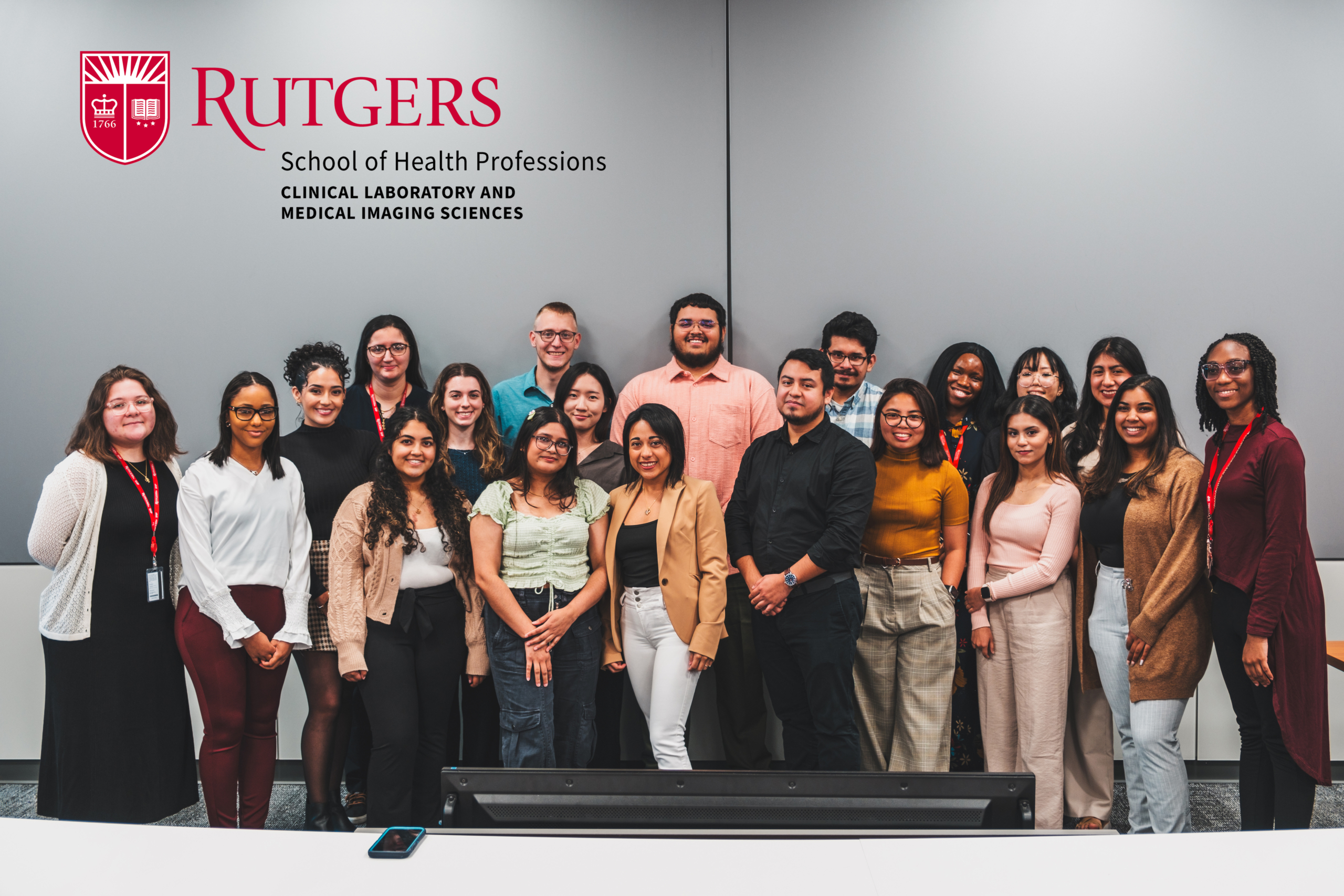
CLMIS Class of 2024
FAQs
The Medical Laboratory Science Program is a university-based program in NJ. The curriculum consists of 45 credits of professional coursework taken in 15 months (4 semesters full-time) starting with the summer semester. Part-time options are available.
Medical Laboratory Scientists use their biomedical expertise to:
-
-
- Provide lab data and information to physicians to help diagnose cancer, diabetes, liver and kidney disease, drug overdoses, and many other conditions;
- identify pathogens and determine their susceptibility to various drugs; analyze DNA and RNA in infectious agents to identify drug resistance mutations;
- prepare stem cells, red blood cells and platelets for safe transfusion; identify leukemic cells so appropriate therapy can be initiated;
- identify mutations associated with genetic diseases by analyzing a patient’s DNA, RNA or proteins; monitor therapy with anticoagulants and other drugs to ensure patient safety.
-
A minimum GPA of 2.85 and a C or better in all prerequisite coursework is required. Students from collaborating NJ Colleges and Universities seeking admission to the program as the professional component of the joint Bachelor of Science degree program must complete 88-90 general education and basic science courses prior to admittance.
All other applicants must meet the following requirements:
- Possess a baccalaureate degree from a U.S. accredited academic institution. If the baccalaureate degree is from a foreign country, then it must be evaluated as equivalent to a U.S. baccalaureate degree.
- Complete the required basic science courses: Human Anatomy & Physiology with lab (4-8 credits) Cell Biology (3-4 credits) Microbiology (4 credits) Immunology (3 – 4 credits) General Chemistry I & II (8 credits) Organic Chemistry (4 credits) Biochemistry with lab (4 credits) Statistics (3 credits) Precalculus (3 credits)
Students apply online. The application deadline is January 15th for a start date of May of the following year.
Only in some cases may students take courses on a non-matriculated basis.
Yes. The best source for financial aid information is at the Rutgers Student Financial Aid Office. They can be contacted 973-972-4376.
Yes. Rutgers University and the School of Health Professions offer a limited number of scholarship programs.
The Rutgers School of Health Professions EOF program believes that with proper resources and access, students who are motivated to succeed can diversify the health professions field. It is our goal to provide EOF students access to the health field profession by providing individualized success plans. Our primary emphasis is the development of students who want to pursue careers within the health professions by providing a supportive environment through a combination of academic ‘intrusive advising,” workshops, and academic support services.
Eligible students can receive financial assistance for tuition and books, as well as additional academic, personal, and social support to help them successfully transition to Rutgers School of Health Professions.
Find out below if you are eligible. For questions, contact Enrollment Management at 973 972-5454 or email Iris Espinosa at ije6@shp.rutgers.edu.
Rutgers School of Health Professions Admission Requirements:
-
-
- Must demonstrate an educationally and economically disadvantaged background
- Must be a New Jersey resident 12 consecutive months prior to receiving the award
- Must apply and be accepted to Rutgers School of Health Professions
- Must meet the academic criteria as set by the institution of choice
- Must file a Free Application for Federal Student Aid (FAFSA) or the New Jersey Alternative Financial Aid Application. http://www.fafsa.ed.gov.
-
The Rutgers School code to be used on your FAFSA is: 002629.
Gross Income must fall within the criteria shown on the EOF webpage.
Open House / Information Sessions
News & Events
Cutting the Ribbon on Innovation
Rutgers School of Health Professions Unveils New Clinical Laboratory
Dean Jeffrey DiGiovanni led a ribbon-cutting ceremony of the newly renovated Clinical Laboratory at Rutgers School of Health Professions in Newark, NJ.
The new laboratory is set to significantly enhance the educational experience for students in the Medical Laboratory Science Programs and the Master of Science in Diagnostic Cytopathology Program. Designed to foster innovation and inclusivity, the lab will accommodate up to 50 students, a notable increase from the previous capacity of 35.
